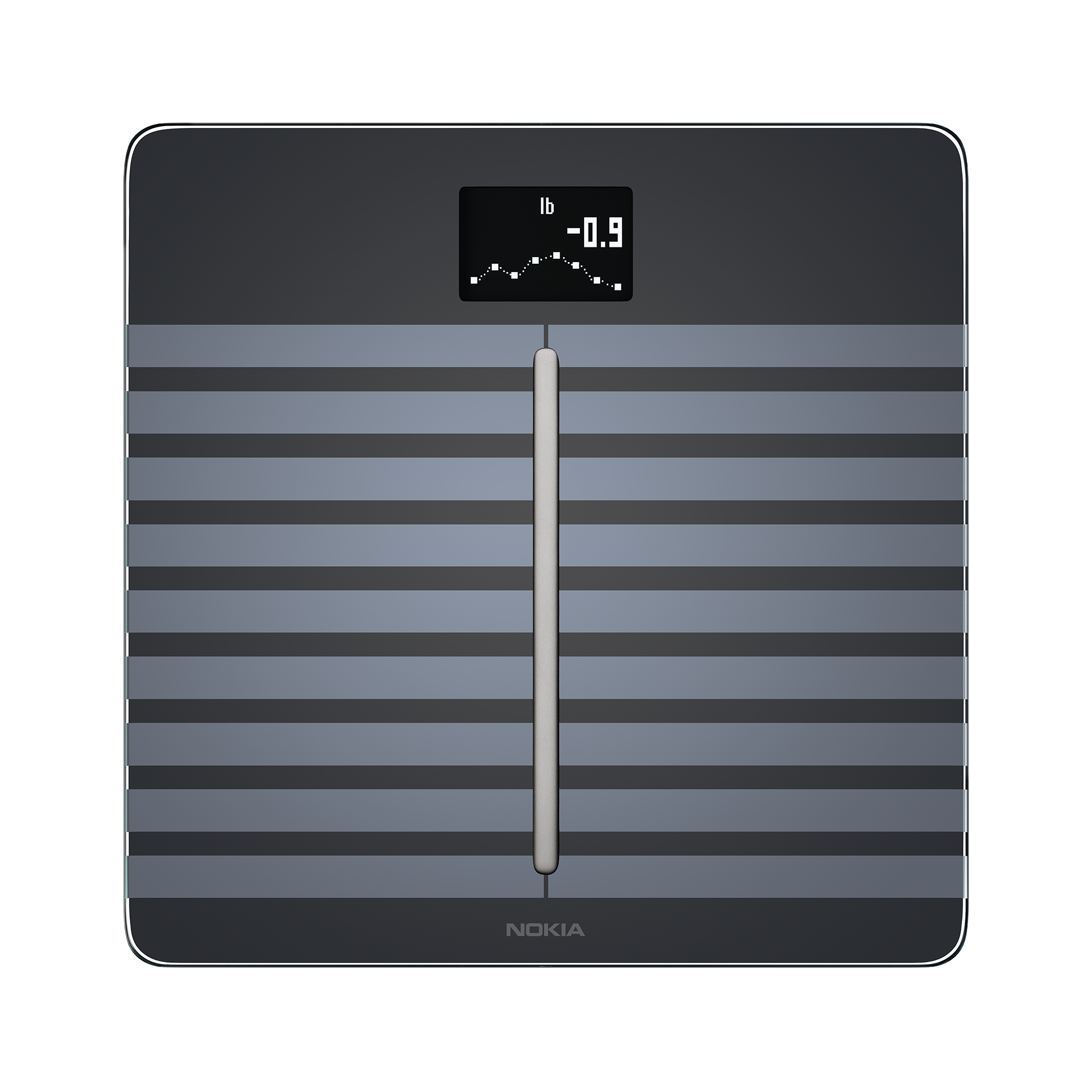
Extra pounds can put a strain on your overall health—but can it affect your heart? Yes, but the answer to how is not so simple.
Your heart is an amazing organ that pumps five quarts of blood every minute and up to 2,000 gallons of blood per day. Yet diseases associated with this amazing organ are also the leading cause of death for both men and women with 1 in 4 deaths in the United States every year. Lifestyle can have a huge impact on cardiovascular disease, but what about weight, or specifically, does carrying extra pounds have an impact on your heart health?
How does being overweight impact your heart?
Turns out that extra weight can exacerbate other risk factors, such as high cholesterol and insulin resistance, both of which affect heart health. Insulin resistance is part of a particularly insidious cycle—the more fat you have, the more insulin resistant you become, causing you to secrete more insulin and store more fat.
Overloading the circulatory system
All of that extra fat requires more oxygen and nutrients, which means your blood vessels need to circulate more blood thereby putting extra strain on your heart and bringing about higher blood pressure. This high blood pressure, also known as hypertension, is bad, and is often called the “silent killer” because it can have no symptoms.
Dr. Morton Tavel, author of Health Tips, Myths and Tricks: A Physician’s Advice believes that “healthy obesity” is a myth that can be dispelled by longer-term studies. As for the heart, Dr. Tavel says the relationship between obesity and high blood pressure is clear. “Not only is there a close correlation between these two factors, but we note that reduction in body weight often causes a disproportionate reduction of blood pressure very early. This, alone, provides an important incentive for those who are obese and hypertensive, and wish to have rapid improvement in their blood pressure before resorting to antihypertensive medications.”
As hypertension can be reduced through managing weight, when hypertension is lessened, people may also potentially stave off other heart diseases including heart failure, atrial fibrillation, and coronary and valvular heart diseases.
Beyond the clear connection between obesity and heart disease, being obese is also linked to type 2 diabetes, stroke, cancer, kidney disease, osteoarthritis, and other afflictions.
Where fat is located matters
Does it matter where fat is located when it comes to heart disease? Yes. Belly fat is the most concerning. A 2018 study in the Journal of the American Heart Association found that women with belly fat had a 10% to 20% greater risk of having a heart attack than women who were heavier overall. Biological sex also has a specific influence on belly fat and heart disease with waist-to-hip ratio 18% stronger as a heart attack predictor in women, versus 6% in men. And for older women, belly fat can raise the risk of stroke as well—even in those with a normal BMI.
What you can do to be proactive
The good news is that any weight loss can help, and setting a realistic weight goal is a good step towards doing so. If you are obese, losing only 3 to 5 percent of your body weight can decrease bad cholesterol and blood glucose levels, both of which can help your heart. Even just stepping on a weight scale regularly can help you lose weight. And in the event of no weight loss, staying active can still help you achieve a lower resting pulse rate, less body fat, and better heart health. So don’t forget to keep moving, even if you don’t see movement on the scale—your heart will thank you for it.



